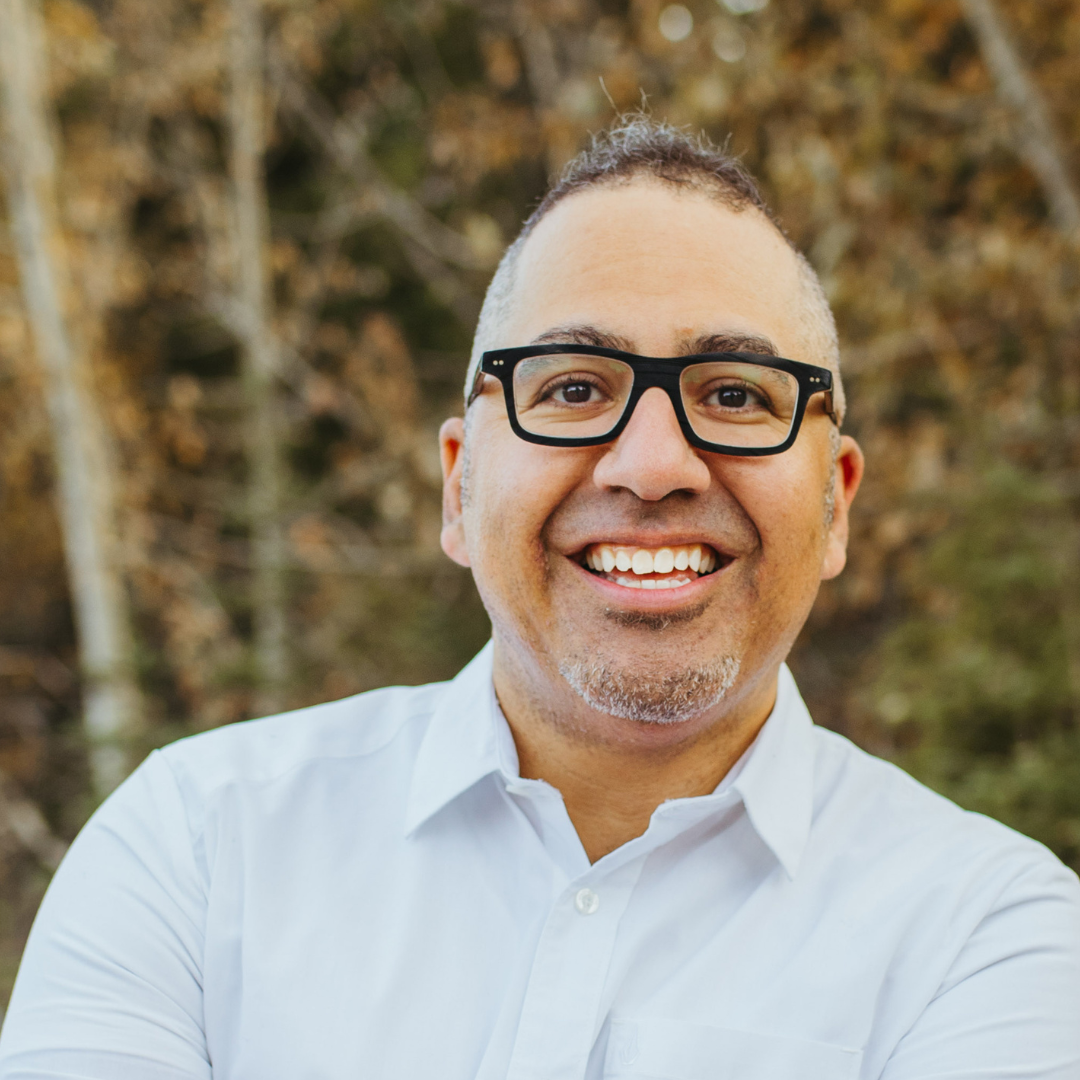|
As I have shared in previous posts, the Yamas are the outer ethical codes and foundations of the eight limbs, made up of five Yamas: Ahimsa, Satya, Asteya, Brahmacharya, & Aparigraha.
♥️ Asteya ♥️ (Non-Stealing / Generosity) Let's unpack these... Non-Stealing: Not only physical possessions We're talking time, energy, care, and attention! Consider how easy it is to steal these intagible items from others! Non-Stealing Check-In: Are you quick to pour your heart out to a loved one without first checking-in to see if they have time OR energy to hold space for you? Do you expect an instant response when you text or email? Are you nurturing reciprocity in your relationships? Generosity: Not only physical posessions or money Generoisty has everything to do with time, energy, care, and attention! Consider what it means to have a generous heart. Generosity Check-In: When have you received generosity from someone? How have you been generous with your heart and energy? Now, perhaps most importantly, consider how you practice asteya with yourself! As with all growth, our practice starts and ends within. What can you do, starting today, to deepen your practice of Asteya? In our Trauma-Informed Yoga Psychology YTT's we are all part of the studentship and it is essential that we work together to be generous with our time, attention, and energy. It is a joy to put this into practice with such incredibe souls. We would love to hear your reflections, if you are called to share! ♥️ Dr. Melissa Jay
0 Comments
As I have shared in other posts, Yamas are the outer ethical codes and foundations of the eight limbs, made up of five Yamas: Ahimsa, Satya, Asteya, Brahmacharya, & Aparigraha.
♥️ Satya ♥️ (Truth / Deep Listening) As we practice satya... ✨we open ourselves up to holding space for others to share their truth, with us, through deep listening. ✨we honour truth. ✨we are open ourselves up to growing, learning &, most importantly, unlearning. May we all come as we are and meet ourselves exactly as we are, in this moment: mind-body-spirit-heart. In our Trauma-Informed Yoga Psychology School, we cultivate a safer space, meant to support us in the practice of satya. As we sit with one another, in Satya, we learn from each other. We deepen our inner knowing and recognize we are more similar than different. Who can you practice satya with? For me, I practice deep listening in my work as a psychologist and yoga teacher. I practice sharing my truth with my partner, my closest friends, and counselling. Would love to hear your thoughts & reflections below! ♥️ Dr. Melissa Jay YAMAS Study Continued
As noted in the last blog post, the Yamas are the outer ethical codes and foundations of the eight limbs, made up of five yamas: Ahimsa, Satya, Asteya, Brahmacharya, & Aparigraha. ♥️ Ahimsa ♥️ (Kindness / Non-harming) As part of our Canmore Counselling community on Instagram or Facebook, you have likely noticed a theme of ahimsa in our posts. We are dedicated to supporting everyone, including ourselves, in practicing kindness. Our Trauma-Informed Yoga Psychology trainings invite students to deep dive in exploring how non-harming is social justice & an act of love. When we practice kindness, we honour the importance of non-harming: ✨Practicing non-harming is subtle. It is nuanced. ✨Non-harming often goes unnoticed or unacknowledged. ✨Non-harming begins by practicing kindness and gentle self-love towards ourselves. ✨Non-harming then ripples out to others. We can practice ahimsa in all that we do... ✨in choosing the road less travelled ✨in our willingness to walk alongside someone who is hurting ✨in our willness to practice open-mindedness ✨the decision to lean into kindness... especially when defensiveness or frustration might feel like the easy choice! How do you already practice ahimsa? How might you deepen your practice of ahimsa? Please share your thoughts & reflections below! ♥️ Dr. Melissa Jay Part of the eight limbs of yoga include both a healthy relating to ourselves, and a healthy relating to others. The yamas refer to the outer ethical codes and are the foundation of the eight limbs. As we practice yamas, we invite ourselves to show up as kind agents of change.
Within the Eight Limbs of Yoga, the Yamas are the outer ethical codes and foundations of the eight limbs, made up of five yamas. ♥️ Yamas ♥️
The Trauma-Informed Yoga Psychology School has built our yoga teacher trainings with a foundation of ethical ways of relating to ourselves and others. Please share your thoughts & reflections below! ♥️ Dr. Melissa Jay Tân’si, Hello, Welcome!
I'm Dr. Melissa Jay, an Indigenous psychologist, assistant professor, and trauma-informed yoga teachers. It is a joy & privilege to integrate ancient wisdom traditions with modern psychology theory & concepts. On our Canmore Counselling Instagram and Facebook, I led a 2.5 month study dedicated to the Eight Limbs of Yoga. I am now adding them here, for those who would a place to explore and discuss futher! Thank you for being here. *You may wish to start by connecting with your breath* Nice big inhale Nice big exhale Notice what you notice, mind-body-spirit-heart. Most of us come to yoga through asana (postures) which is why we often hear yoga referred to as a physical practice or workout, a colonized view of the ancient tradition of yoga. Within Yoga Sūtras of Patañjali, an ancient text, Patañjali shared the eight limb path. The Eight Limbs of Yoga offer us insights and opportunity for continual growth... as we offer ourselves time and space to slow down and connect with each limb, we deepen our connection with ourselves and others by welcoming a safer space to grow. The eight limb path invites us to walk our talk. The Eight Limbs of Yoga: 1. Yamas (the outer ethical codes)
4. Pranayama (breath control) 5. Pratyahara (withdraw of senses) 6. Dharana (Mindfulness) 7. Dhyana (Meditation) 8. Samadhi (Unity) As we learn to live yoga, off the mat, we embrace opportunities to notice how we are being, moment-to-moment. As we honour the roots of yoga, we uncover how the practice of yoga supports us to move through difficulty with compassion and resilience. As we continue practicing mind-body-spirit-heart integration, we naturally integrate our practice into everything. The Trauma-Informed Yoga Psychology School is dedicated to amplifying the roots of yoga and these teachings are an interagal part of our trainings. Yoga School. I created this yoga school to support people on their journey, as helpers. Together with an incredible faculty, we offer 200-Hour trauma-informed yoga psychology teacher training (four-month or intensive) as well as a 300-Hour advanced trauma-informed yoga psychology teacher training, as well as ongoing yoga psychology workshops. Self-reflective prompt: How do you support yourself in connecting mind-body-spirit-heart? With love, Dr. Melissa Jay I am grateful to be continuing to learn from Susanna Barkataki about honouring the roots of yoga. Thank you for your teachings, Susanna. Hope this finds you all caring for your hearts!
|
Dr. Melissa JayWelcome! Archives
June 2022
Categories |
NEW Location:109-705 10th Street Canmore, AB T1W2A3
We're next to Communitea & Vermelho, on the corner of 10th St. and 6th Ave. |
|
Dr. Melissa Jay is an Indigenous, Nehiyaw-Métis member of the Métis Nation of Alberta. Canmore Counselling is located Chuwapchipchiyân Kudi Bi (translated from Îyârhe Nakoda as “shooting at the willows”), colonially known as Canmore. We are located the beautiful Rocky Mountains which is considered Treaty 7 land, the traditional territory of the Îyârhe Nakoda, including the Bearspaw, Chiniki, and Wesley First Nations, as well as the Tsuut’ina First Nation, and the Blackfoot Confederacy, including the Siksika, Piikani, and Kainai First Nations, and home of Métis Nation of Alberta, Region III. As an act of reconciliation and decolonization, may we work together to answer the TRC's Calls to Action: Truth & Reconciliation Commission Reports and Findings.
At Canmore Counselling we are also priveleged to be yoga students, practitoners, and guides. Our offerings are dedicated to honouring the root of yoga and learning from and amplifying the voices of South Asian practitioners and teachers whenever possible. We are grateful for the eight limbs of yoga, as taught by Patanjali. It is a joy to walk alongside our incredible alumni of the Trauma-Informed Yoga Psychology School as they create opportunities for care, connection & curiosity within their communities.
At Canmore Counselling we are also priveleged to be yoga students, practitoners, and guides. Our offerings are dedicated to honouring the root of yoga and learning from and amplifying the voices of South Asian practitioners and teachers whenever possible. We are grateful for the eight limbs of yoga, as taught by Patanjali. It is a joy to walk alongside our incredible alumni of the Trauma-Informed Yoga Psychology School as they create opportunities for care, connection & curiosity within their communities.







 RSS Feed
RSS Feed


